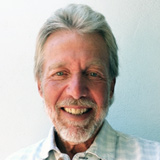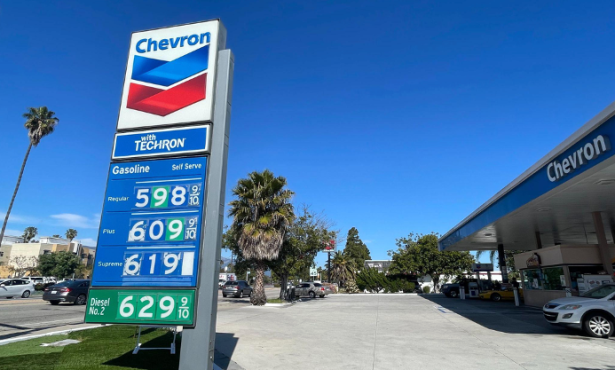Swimming Lessons
David Foster Wallace’s Thoughts on Commencing
It’s spring, when many humans feel the urge to put on too-warm clothes, convene on uncomfortable chairs, and listen to someone tell young people how to go forth into adulthood.
Kind of engaging for a few minutes, but the speeches usually go on way too long, suggesting that the speakers forgot that they’re addressing young people burning to explode into the world but first must listen to some gray eminence drone on about The Road Ahead.

Pardon the cynicism. My graduation speaker was former Secretary of the Interior Stewart Udall. Not even the witty Udall. That was his brother Morris. I don’t remember a word of Stewart’s remarks, and I doubt many graduates remember theirs.
These days, many colleges have wised up. They get speakers from the ranks of the groovy and irreverent: Jon Stewart, Stephen Colbert, Ellen Degeneres, Conan O’Brien, etc. Amy Poehler addressed Harvard in 2011, fer cryin’ out loud. Even more so, Sacha Baron Cohen did the same in 2004.
That’s probably a good thing. Adulthood launching requires some sort of ceremony, but if it’s entertaining, at least the young won’t get the impression that the world they’re entering will be deadly dull.
Which is not necessarily the case.
This came home to me recently when I stumbled upon the 2009 commencement address given by novelist David Foster Wallace at Kenyon College in Ohio. (My father went there briefly before getting kicked out for too much fun, not enough study.) It has been described as one of the greatest commencement speeches ever delivered. Yes, it’s long. Possibly too long by burning-to-launch youth standards. But it’s very good, especially in light of the struggles of its author. More on that later.
The speech was titled “This Is Water.” It opened with the tale of two young fish swimming along until they meet an old fish, who says, “Morning, boys. How’s the water?” The two youngsters swim on a ways and then one asks the other, “What the hell is water?” The idea, Wallace asserted, is that everyday life can be well navigated, maybe even savored, if we fish manage to see past “the lens of self.” Education, he said, improves that navigation. And he provided a scenario as an example. It went something like this:
Years after your exciting launch day, you’re living an adult life. You’ve put in a long day of work at a humdrum job. It’s rush hour; the roads are clogged. You’re on your way home when you remember there’s nothing in the fridge for dinner. You stop at a supermarket where everyone else is stressed, too. The checkout counter is backed up nine deep.
“…you pay for your food, and you get told to ‘Have a nice day’ in a voice that is the absolute voice of death,” said Wallace. “Then you have to take your creepy, flimsy, plastic bags of groceries in your cart with the one crazy wheel that pulls maddeningly to the left, all the way out through the crowded, bumpy, littery parking lot, and then you have to drive all the way home through slow, heavy, SUV-intensive, rush-hour traffic, etc. etc.”
It’s at this point that you have a choice: You can either fume about the soul-killing misery of it all, or you can you can consider what other people are going through. About the grind that checkout worker faces day in, day out. About maybe the driver who just cut you off isn’t a “Stupid asshole!” as you just howled but instead is rushing his sick kid to the hospital.
This, to Wallace, is the point of education: “You get to consciously decide what has meaning and what doesn’t.” And if you’re aware enough of the water all around you, and can sympathize with the other fish, “That is real freedom. That is being educated, and understanding how to think.” By giving us a broader perspective, education can take us out of ourselves and into the plight of everyfish. And that can help us lead kinder, richer, less crabbed (and crabby) lives. As opposed to fuming in that car and that checkout line.
What makes those remarks all the more poignant is the fact that Wallace battled depression for much of his too-brief life. After trying a long list of medications, he finally stopped because he thought they were dulling his creativity. So he tried to finish his next novel chemical-free and didn’t make it. Three years after his speech at Kenyon, when he was teaching not far from here, at Pomona College, Wallace chose to end his life.
It would be reasonable for any graduate to be leery of swimming lessons from a person so oppressed by the water. But I think it works the other way. The ideas he expressed in the speech might have buoyed him enough to keep paddling through all the years he struggled against the disease.



